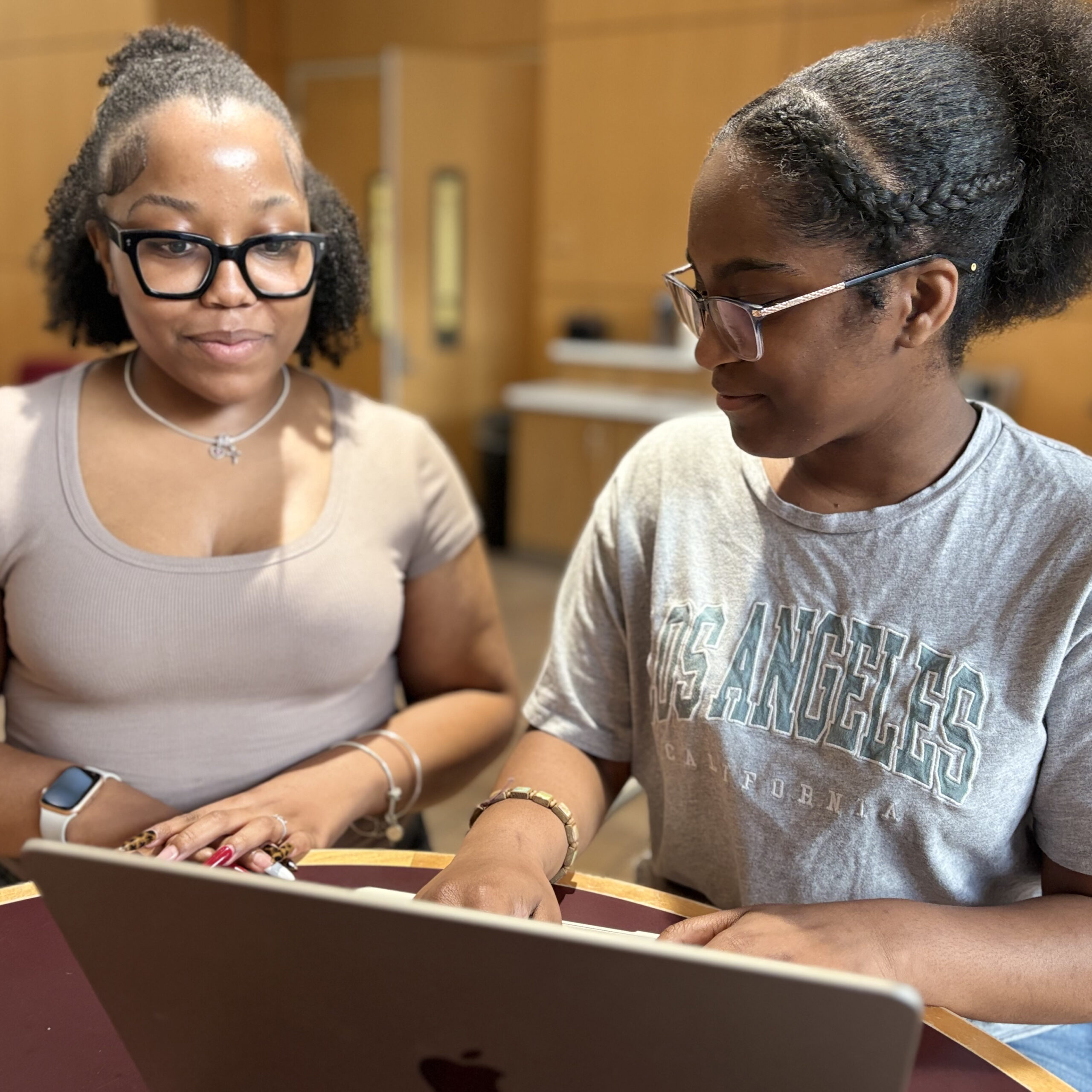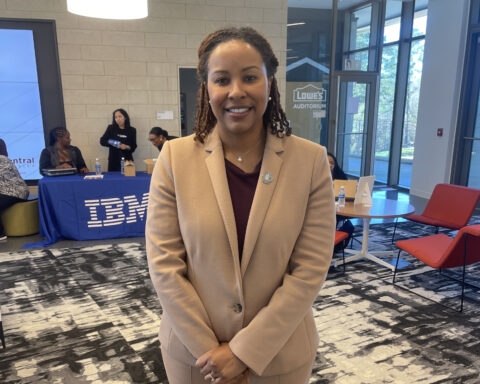Imagine opening your email to see a virtual job that offers $2,500 a month after working five days a week. You think you hit the jackpot with the current job market, but then you find out it was a scam.
“Oh it’s a nightmare, it’s everybody’s nightmare,” said Bruce dePyssler, adviser for the Campus Echo, NCCU’s student newspaper. “Civilization relies on a certain level of trust and if you can’t trust anything, that’s not good.”
N.C. Central University students have been experiencing increased scams and phishing emails for the past few months, and the Information Technology Services (ITS) Department is taking steps combat this.
Starting Monday, NCCU student accounts were introduced to two-factor and multi-factor authentication.
“If we think about our banks or Google and Netflix accounts, everyone is moving to multi-factor authentication,” Chief Information Officer Joel Faison said. “We have to be cautious and this is the single best way we can protect your account.”
The ITS department rolled out DUO, an authentication platform owned by CISCO Systems, a close partner of NCCU. DUO is one of the top authentication leaders in the Raleigh-Durham area, according to ITS.
Professors at NCCU are already familiar with DUO, but it has posed some minor inconveniences during lessons.
“When I’m teaching I work with a lot of software and the problem isn’t the initial authorization, the problem for me is how quickly it times out,” dePyssler said. “You go hands-on with students then come back to the computer, and dang, you have to log in again.”
When asked about the timing of the change, Faison said that ITS attempted to “balance usability and security.”
“Ideally we wanted to turn it on during spring break,” he said. “But we didn’t want to interrupt student’s spring breaks, so it’s always been a matter of finding the ideal time to turn it on.”
Faison added that using two or multi-factor identification includes “something you know, something you have and something you are.”
Something you know would be a password, something you have would be a phone and something you are is something unique to your person, like a fingerprint or retina scan.
This implementation for student security follows the cyberattack in November 2023, but there is still a level of student concern.
“I have some mixed feelings about it,” said Robert Harris III, an early college student. “I’m glad we’re making sure no one’s computer is getting hacked, but my concern is your account could crash or you may not be able to log in.”
Unfortunately, Eagles continue to see these email scams because they work. If an attacker can get one or two students to fall victim, their mission is successful.
Students should be wary of suspicious emails. If they sound too good to be true, they probably are.















